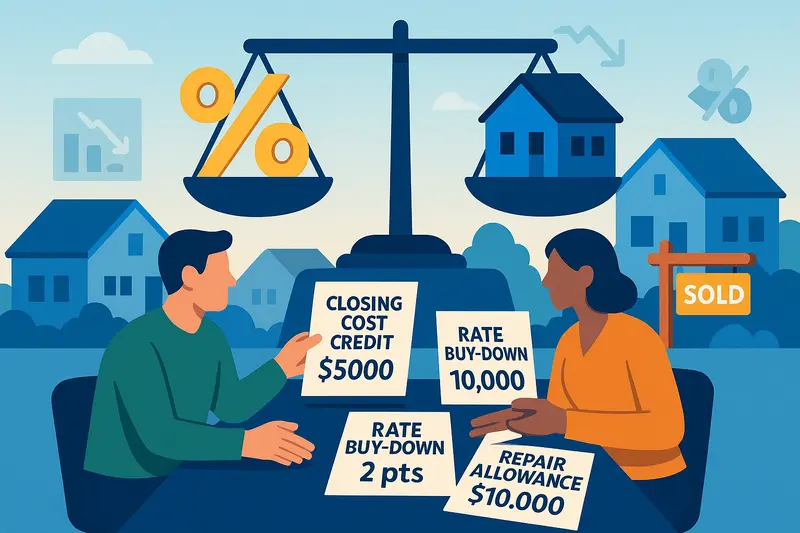Nederland biedt een diverse en aantrekkelijke woningmarkt, maar het navigeren door het aankoopproces kan ontmoedigend zijn, vooral voor nieuwkomers. Van unieke belastingregels tot verborgen kosten, er is veel om te overwegen naast het vinden van je perfecte huis. Deze gids vereenvoudigt de voorwaarden van het Nederlandse koopproces, zodat je alles begrijpt van hypotheken tot notariskosten.
Begrip van je financiële mogelijkheden
Voordat je begint met het zoeken naar een huis in Nederland, is het cruciaal om je financiële situatie te begrijpen. De maximale hypotheek die je kunt verkrijgen, hangt af van verschillende factoren, voornamelijk je inkomen. Hoewel er online calculators beschikbaar zijn, wordt het sterk aanbevolen om een hypotheekadviseur te raadplegen.
Consultatie met een hypotheekadviseur
- Je kunt meestal een gratis eerste afspraak maken met een hypotheekadviseur.
- Deze consultatie moet plaatsvinden voordat je begint met bieden op huizen.
- De adviseur helpt je om je maximale hypotheekbedrag te bepalen.
- Betaling voor de diensten van de hypotheekadviseur vindt meestal plaats tijdens de overdracht van het huis.
Hypotheek en spaargeld
De huidige Nederlandse wetgeving staat hypotheken toe tot 100% van de woningwaarde. Echter, eventuele extra kosten moeten worden gedekt door je eigen spaargeld. Het is essentieel om te berekenen hoeveel je moet sparen voordat je een huis koopt.
Aanvullende kosten om te overwegen
Overdrachtsbelasting: 2% van de woningwaarde
Vrijstelling beschikbaar als aan alle volgende voorwaarden is voldaan:
- Koper is tussen 18 en 34 jaar oud
- Koper koopt een woning om in te wonen
- Koper heeft deze vrijstelling nog nooit eerder ontvangen
- Woningwaarde overschrijdt niet €440.000
Waardebepaling/Taxatie: €550 - €1.000
Hypotheekadviseur: €1.500 - €4.000
Notariskosten
Vertalerkosten: Verplicht voor niet-Nederlandstaligen bij de notaris
Aankoopmakelaar: Optioneel maar aanbevolen
Belastingimplicaties
- Hypotheekrenteaftrek
- Rente betalingen zijn aftrekbaar voor de belasting voor maximaal 30 jaar.
- Alleen van toepassing als de woning je hoofdverblijf is.
- Aftrek stopt als je het land verlaat maar de woning blijft bezitten.
- Vermogenswinst
- Stijgingen in woningwaarde zijn belastingvrij zolang het je hoofdverblijf is.
- 30%-regeling
- Indien van toepassing, kan dit je kansen op een gunstige hypotheekdeal verbeteren.
Overwegingen voor niet-ingezetenen
Als je een niet-ingezeten belastingplichtige wordt:
- Je profiteert niet van fiscaal aftrekbare hypotheekrente betalingen.
- Zorg ervoor dat eventuele huurinkomsten zowel de kosten als de rente dekken als je de woning verhuurt.
Vanuit een persoonlijk ervaringsperspectief kan het kopen van een woning een koopje zijn. Hier is wat een van onze helden Anastasia zegt:
Iets om zeker te overwegen.




